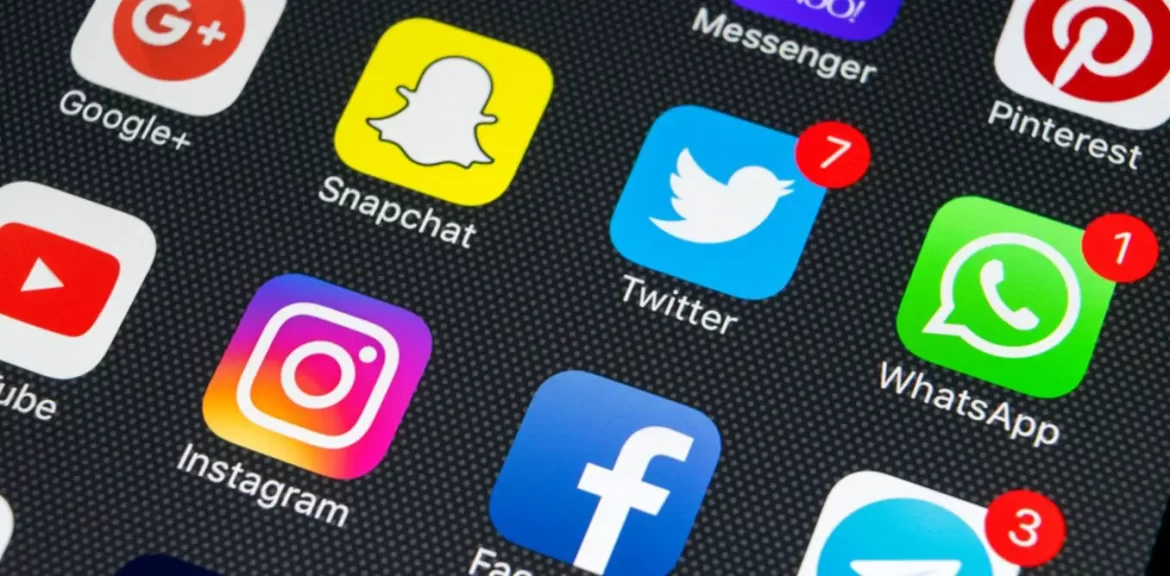456
One major record the social media has set in these 2023 general elections is the rate at which the inorganic structures were converted to organic structure within a short time.
Of course there are many other factors, which include ethnicity, religiosity and personal emotion of the voters towards their chosen candidates, the social media influencers sell a lot of fake news and skits to demarket some politicians in order to sell theirs.
Former South African president, Thabo Mbeki told Nigeria’s president-elect, Asiwaju Bola Tinubu that his political enemies would always look for little things to throw stones at him.
Perhaps Mbeki had read so many pieces and seen so many visual contents sponsored by supporters of Tinubu’s rivals to pave way for theirs.
This is one thing the All Progressives Congress and Peoples Democratic Party failed to deal with during their campaigns but which the supporters of the Labour Party used effectively to garner empathy for their candidate, Peter Obi.
Perhaps, APC and PDP had learnt a lesson and would find a way to counter this social media political marketing, the governorship and state house of assembly elections this coming Saturday will show it.
Digital marketing is an idea of now. It works effectively in corporate organisation not just as a tool but a business that stands on its own to boost other businesses.
In his response to Obi’s press conference over the last presidential election, the Special Adviser, Media and Communication, Tinubu/Shettima Presidential Campaign Council, Mr. Dele Alake said that Obi had taken advantage of the youth to sell his ethnic and religious ideology.
As good as Alake’s observation may have looked, he failed to assess the potency of the platform Obi used to sell those ideas. Obi may have exhibited high Emotional Quotient, his methods wouldn’t have gone far without social media influencers. The bloggers sold Obi effectively online not because the LP candidate had got the best manifesto but because the influencers were using celebrities to drive whatever stuff he says.
Lagos has the highest number of celebrities in Nigeria. Those who supported Obi may not be many, they are loud and they gave their platforms to sell the Labour Party candidate. They created contents to hype him and to also demarket his opponents and it worked.
Investigations showed that many of those who refused to vote for Tinubu did so because of the bad contents they had read or seen about him. And many who voted for Obi did so because of what his supporters and social media handlers had churned out to the public.
Through interaction with many voters, it is obvious that they see and live with”fake news” regularly now. Many of them lack the education to query what they see. For those who could ask questions, ethnicity and religious sentiments beclouded their sense of judgement. Today the society eat, sleep and dream fake news.
They soak it up as authentic information and use it as their only reason to choose candidates. The circulation of fake information to demarket contestants is a potent weapon for bloggers and it has come to stay because most Nigerians hardly ask questions especially when the content is in favour of their candidate.
So sad that a few conventional media outfits lift amateur visuals without investigating further to demarket candidates intentionally or unintentionally.
However, social media influence has limitation because not all Nigeria’s big cities are smart enough like Lagos to be influenced by online contents.
This is one of the reasons Tinubu lost in Lagos and Plateau states, minus the religious and ethnic factors anyway.
As the country’s democracy grows and more towns are becoming cities and cities are turning to smart metropolitan cities, technology will become one of the strongest factors to define the path of election and victory.
The Grand Old Parties must wake up now that the old organic structure that comprises mostly adults is gradually fading and being overtaken by the social inorganic structure. With the last Saturday presidential results the youth now see politics as a new market where they can turn their ambition to product for sale.
As Nigeria prepares for the governorship and state assemblies election this Saturday, the youth will be ready to create an upset. Have the old parties learnt any lesson from the presidential and National Assembly elections? Until then.
Written By Kunle Awosiyan


